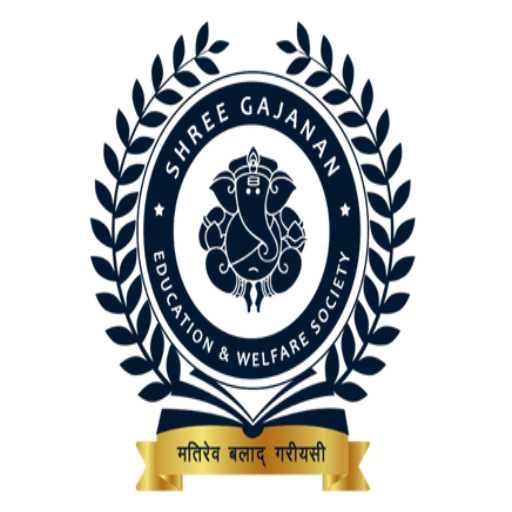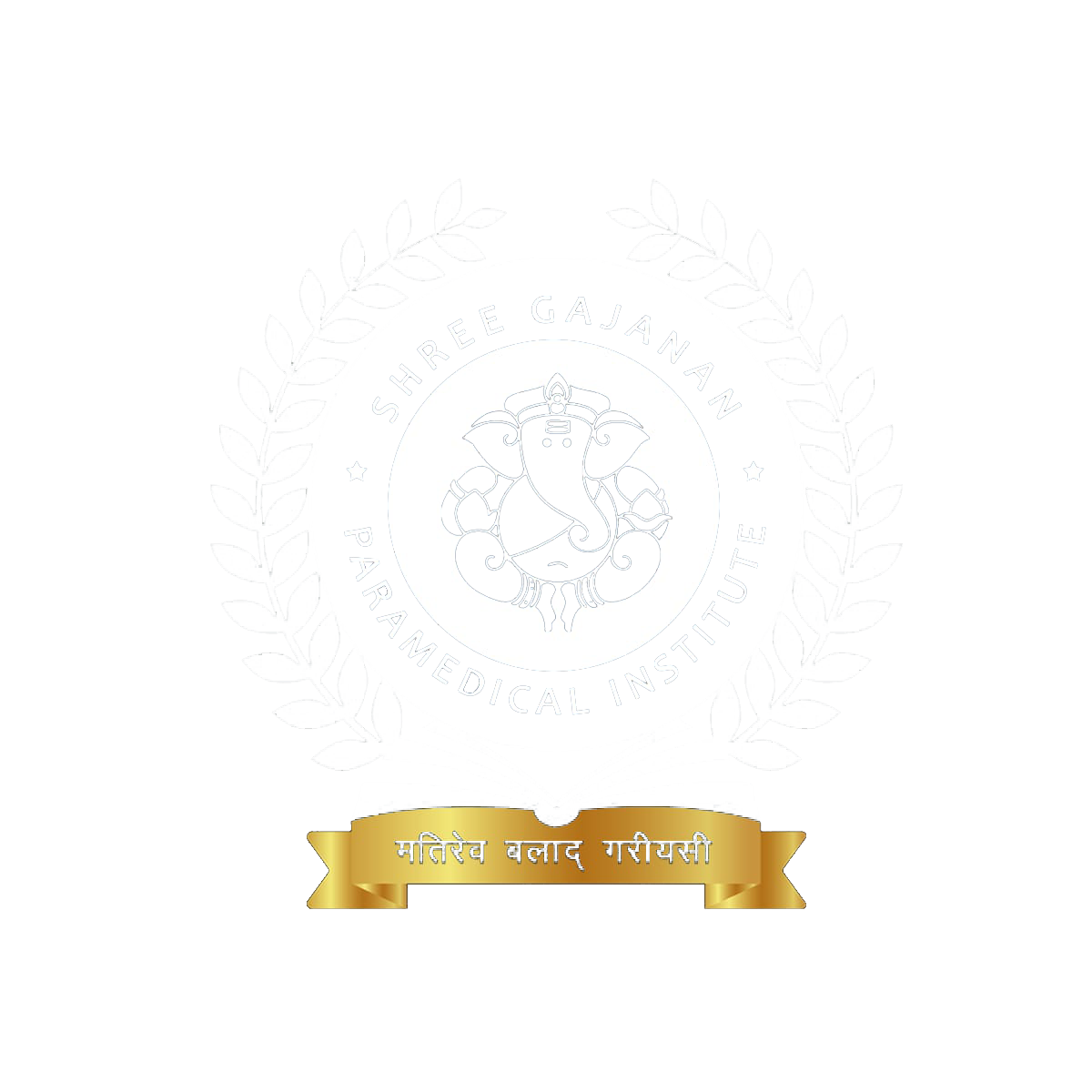BSC X-RAY
- Home
- List Item #2
A Bachelor of Science (BSc) in X-Ray Technology is an undergraduate degree program that focuses on the use of radiologic technology in healthcare settings. This program prepares students to become skilled professionals who can operate and maintain X-ray machines, and assist in the diagnosis of medical conditions.
Typically, a BSc in X-Ray Technology program takes four years to complete and covers a range of subjects including anatomy, physiology, radiology, physics, and medical imaging. Students may also be required to complete courses in patient care, medical ethics, and communication skills.
Students with a BSc in X-Ray Technology may be eligible for certification through professional organizations such as the American Registry of Radiologic Technologists (ARRT) or the Canadian Association of Medical Radiation Technologists (CAMRT). With this certification, graduates may pursue careers as radiologic technologists, X-ray technologists, or medical imaging technicians in hospitals, clinics, or other healthcare facilities.
| Course Name | BSc in X-Ray Technology |
| Course level | Undergraduate Degree |
| Duration | 3 Years |
| Examination Type | Semester |
| Eligibility | 12th completion |
| Admission Process | Entrance exam based / Merit based. |
| Course Fee | Between INR 2 to 3 LPA. |
| Average Starting Salary | INR 3,00,000 |
| Average Salary | INR 2.38 LPA |
| Top Recruiting Companies | Hospitals, Clinics, Medical labs, Govt. Hospitals etc. |
| Job Positions | X-ray technician, Assistant X-ray Technician, Radiologist, Teacher etc. |
BSC X-RAY eligibility Criteria
The eligibility criteria for the X-RAY Radiographe course
- Academic Qualifications:
Candidates must have completed their 10+2 or equivalent examination from a recognized board with science subjects such as Physics, Chemistry, and Biology.
- Minimum Marks:
Candidates should have a minimum aggregate of 50% marks in the qualifying examination.
- Age Limit:
The minimum age limit for admission to the X-ray Radiographer course may vary from 17 to 20 years, depending on the institution and the country.
- Entrance Examination:
Some institutions may require candidates to clear a national-level or state-level entrance examination, such as NEET (National Eligibility cum Entrance Test) or AIIMS (All India Institute of Medical Sciences) entrance exam.
- Health Requirements:
Candidates should be physically fit and free from any contagious diseases.
Why to choose BSC X-RAY ??
- High demand:
BSc in X-Ray Technology, graduates may be eligible for certification and can pursue careers as radiologic technologists, X-ray technologists, or medical imaging technicians in hospitals, clinics, or other healthcare facilities.
- Hands-on experience:
A BSc in X-Ray Technology typically includes a significant amount of hands-on experience using X-ray equipment and other medical imaging technology. This practical training can help students develop the skills and confidence they need to succeed in a healthcare setting.
- Career advancement:
A BSc in X-Ray Technology can be a stepping stone to further education or career advancement in the healthcare industry. Graduates may choose to pursue a master's degree or other advanced training in radiologic technology, or they may advance to leadership or management positions within their organization.
- Rewarding career:






